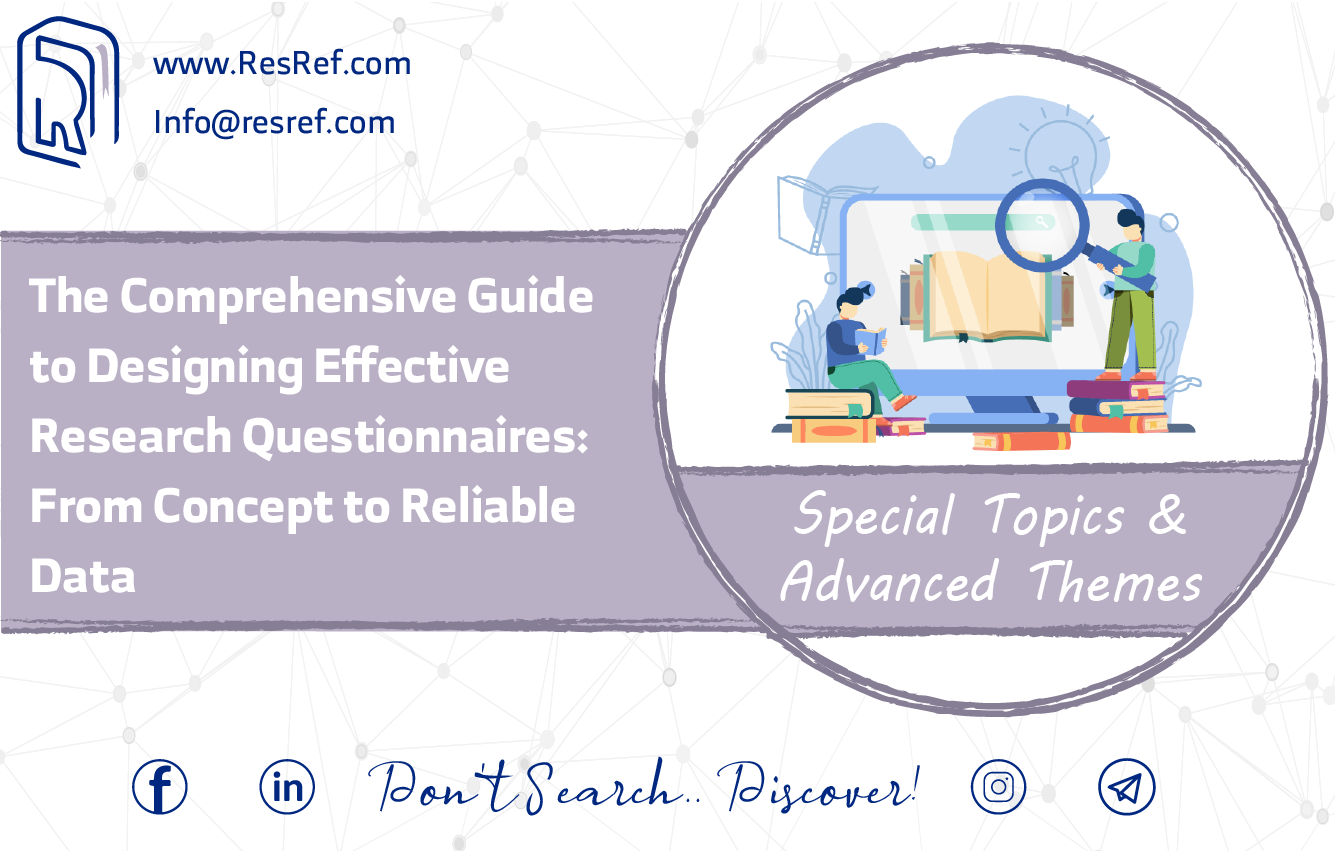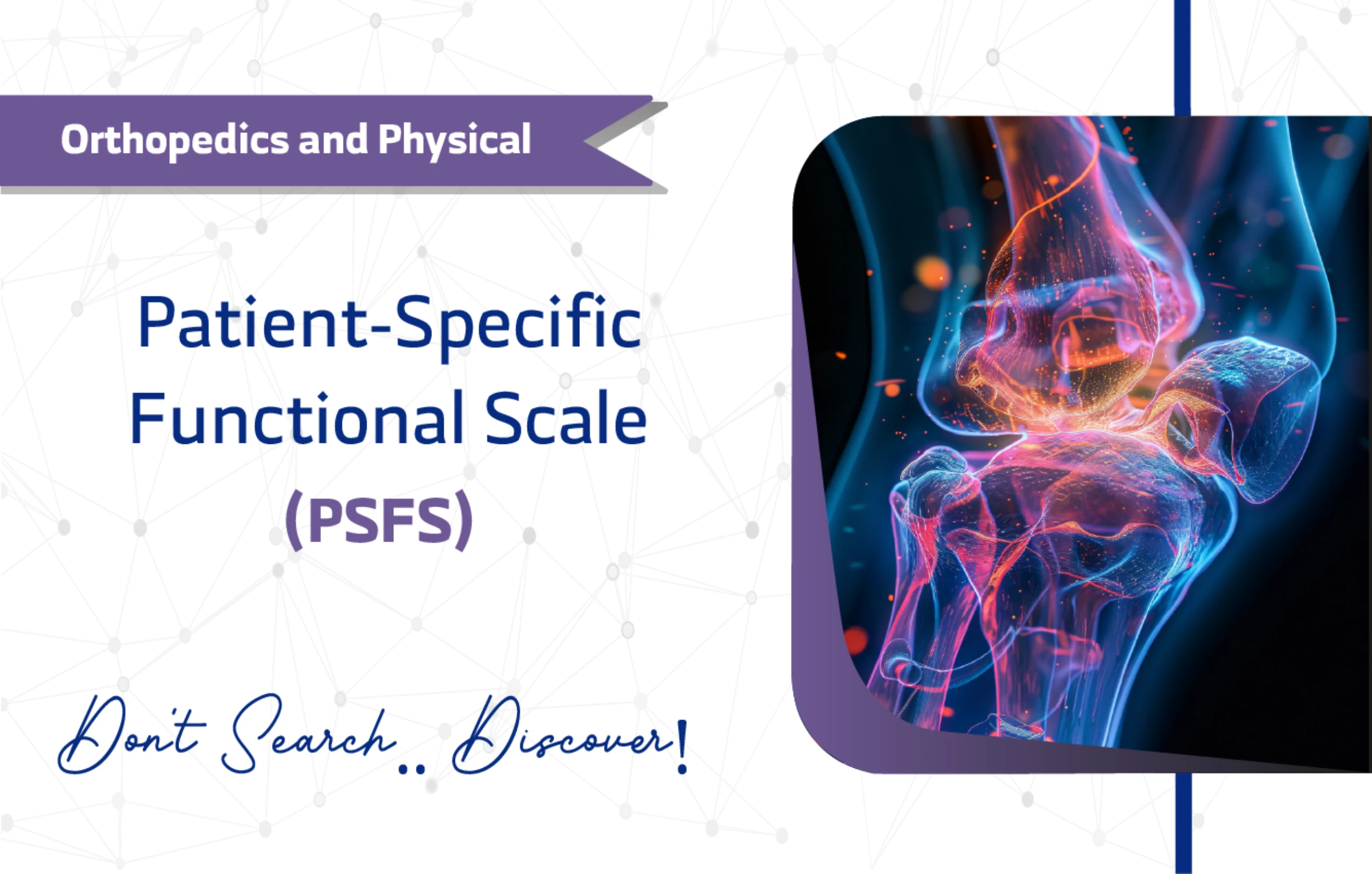Introduction
Social functioning is a vital component of mental health that often deteriorates in individuals facing psychiatric or psychological disorders. Accurately evaluating this domain is essential for both diagnosis and ongoing care. The Social Functioning Questionnaire (SFQ-7), developed by Tyrer et al. (2005), is a brief, self-report instrument designed to assess perceived social dysfunction in both clinical and non-clinical adult populations.
Used extensively in psychiatric emergencies and mental health screenings, the SFQ-7 helps clinicians identify impairment and monitor treatment outcomes over time. With over 1,500 citations, it remains a widely accepted tool in psychological research and clinical practice.
Key Features of the Social Functioning Questionnaire
Purpose and Use
The SFQ-7 identifies social dysfunction and monitor treatment outcomes in psychiatric settings. It was designed to rapidly assess perceived social functioning in clinical and non-clinical populations, particularly for identifying poor social functioning in psychiatric emergencies and monitoring changes over time.
Target Population
The Social Functioning Questionnaire targets adult patients aged 18 years and older. It is suitable for various age groups, including:
- Young Adults (18–24 years)
- Middle-Aged Adults (25–44 years)
- Older Adults (45–64 years)
- Seniors (65+ years)
Structure
The questionnaire includes 8 items, categorized into :
- Main Domain: Psychological Health
- Sub-domain: Social Functioning
Those items Covers: Daily performance, Relationship quality, and Emotional well-being
Scoring Method
Scoring Instructions:
- Respondents rate each item on a 4-point Likert scale (0=never, 3=always).
- Reverse-score items 3 and 6.
- Sum item scores for a total (0–24).
Cut-off ≥10: Indicates significant social dysfunction requiring clinical attention.
Administration Format
The questionnaire can be administered in paper-based, digital (online), in-person interview, and phone/video call, ensuring flexibility in different settings. It takes less than 5 minutes to complete, making it efficient for both clinical and research environments.
Applications of the Social Functioning Questionnaire
The SFQ-7 applies broadly in clinical and research settings:
- Screening and monitoring in clinical trials
- Research on social functioning in psychiatric populations
- Routine assessment in mental health services
Languages Available
The Social Functioning Questionnaire is available in multiple languages:
- English
- Arabic
- German
- Spanish
- French
- Mandarin
- German
Reliability and Validity
The SFQ-7 demonstrates high reliability and validity:
- Cronbach’s Alpha: 0.80–0.85, showing excellent internal consistency
- Validity: Various studies have validated the SFQ-7 across different psychiatric conditions, confirming that the questionnaire accurately measures intended constructs
Limitations and Considerations
Despite its strengths, the Social Functioning Questionnaire has a few limitations:
- Self-Report Bias: Potential for social desirability bias.
- Age Restrictions: Not normed for those under 18.
- Cultural Adaptation: May require translation and validation for non-Western contexts.
Other Versions and Related Tools
- SFQ-COA (12-item version for Chinese Older Adults)
- Social Functioning Schedule (SFS)
- Social Adaptation Self-Evaluation Scale (SASS)
Additional Resources
For more information on the SFQ-7 and to access the full questionnaire, visit the following resources:
- A direct link to the Original Validation Study (Note: The original study is not open access)
- You can access the questionnaire as a PDF through this link.
- Here is another validation study, click here.
Frequently Asked Questions (FAQ)
- How long does it take to complete the SFQ-7?
Patients typically take less than 5 minutes to complete the SFQ-7, which makes it feasible for use in clinical and research settings. - How is the SFQ-7 administered?
Healthcare teams can administer the questionnaire via paper, digital, or mobile app formats, offering flexibility in usage. - Is there any cost to using the SFQ-7?
The SFQ-7 is freely available.
A word from ResRef
The SFQ-7 is a concise, robust tool for assessing social dysfunction in clinical settings. Its brevity, free accessibility, and strong psychometric properties make it an excellent choice for fast-paced environments. While cultural adaptations may improve its global applicability, it remains a reliable choice for identifying social impairments.
References
- Tyrer, P., Nur, U., Crawford, M., Karlsen, S., McLean, C., Rao, B., & Johnson, T. (2005). The Social Functioning Questionnaire: A rapid and robust measure of perceived functioning. International Journal of Social Psychiatry, 51(3), 265–275. https://doi.org/10.1177/0020764005057391. Link
- Boutali, A., Aarab, C., Elfakir, S., & Aalouane, R. (2024). Validation of the Social Functioning Questionnaire in Moroccan dialectal Arabic: Reliability and cross-cultural adaptation. Research Square. https://doi.org/10.21203/rs.3.rs-4001471/v1. Link









5 thoughts on “Social Functioning Questionnaire (SFQ-7): A Full Guide for Researchers and Clinicians.”
Your commitment to sharing knowledge freely is just amazing.
The SFQ-7 guide is well-organized and concise, offering clear scoring instructions, reliability metrics, and practical applications that make it an excellent resource for clinicians and researchers alike.
Your point of view caught my eye and was very interesting. Thanks. I have a question for you.
This explained things in a way that made sense to me
Thanks for sharing. I read many of your blog posts, cool, your blog is very good.